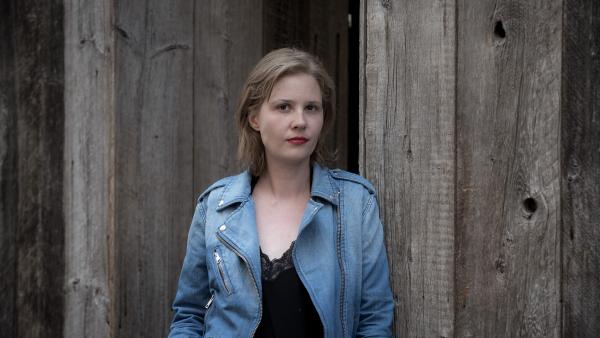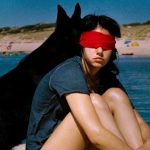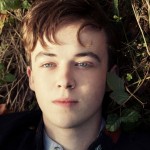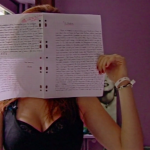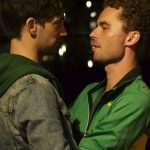Watch Age of Panic on FilmDoo.com
With her 2013 narrative feature debut, Age of Panic, French director Justine Triet delivered a layered, intelligent yet viscerally compelling drama that parallels the personal commotion of conflicting parents with political commotion on the streets of Paris. This year, Triet follows up that success with her new film, Victoria (aka In Bed with Victoria), a comedy-drama about a thirty-something divorced lawyer.
Speaking to FilmDoo, the director looks back on her first narrative feature and lets us know what to expect from her next release.
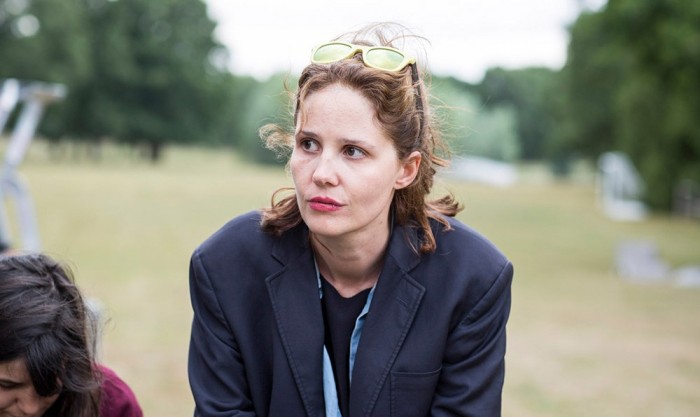
What was the inspiration for your new film, Victoria?
Cassavetes’ Opening Night was my first inspiration. Of course, I used a different tone and I wanted Victoria to have a job connected to real life and public service. I wanted to find again this connection with the viewers, who discover first-hand the drift of a woman. My obsession for the justice sector that I already explored in Age of Panic brought me the idea of a lawyer. Then the idea came to me to progressively transfer the drift of an actress from a theatre stage into the stage of criminal law. Right from the start, I saw in the justice sector the opportunity to make public any private life – hers but also her best friend’s, which she defends. This sounded perfect to set up the infernal spiral surrounding Victoria and hasten her dizziness, being exposed to judgement in plain public sight. Everything is out there, everything is made public. The notion of privacy doesn’t even exists in this film and this brings a paranoid and dizzying dimension to the film.
Like Age of Panic, Victoria observes a mother’s struggle to balance family, romance and career.
First of all, it is a woman’s life. Sure she’s a mother, but it remains first a portrait of a woman. It’s not about the struggles of a working woman and a mother – this is an interesting topic, but it’s not mine. That is not the angle of the film. Above all, it is about observing the moment of a woman’s life where everything is turned upside down because she gets caught up in an impossible and exceptional situation. I’m interested in finding the impossible answer: How do you keep going on with your life when everything around you makes no sense? When your supposedly private life becomes public? When what seemed to be true becomes only one truth among others and when other people seize and distort it? When your life is not really yours anymore? When there is a slip in your everyday life? When you confide in the wrong person? All these lead to what happens when the logic of every situation is reversed and leads to unlikely confessions.
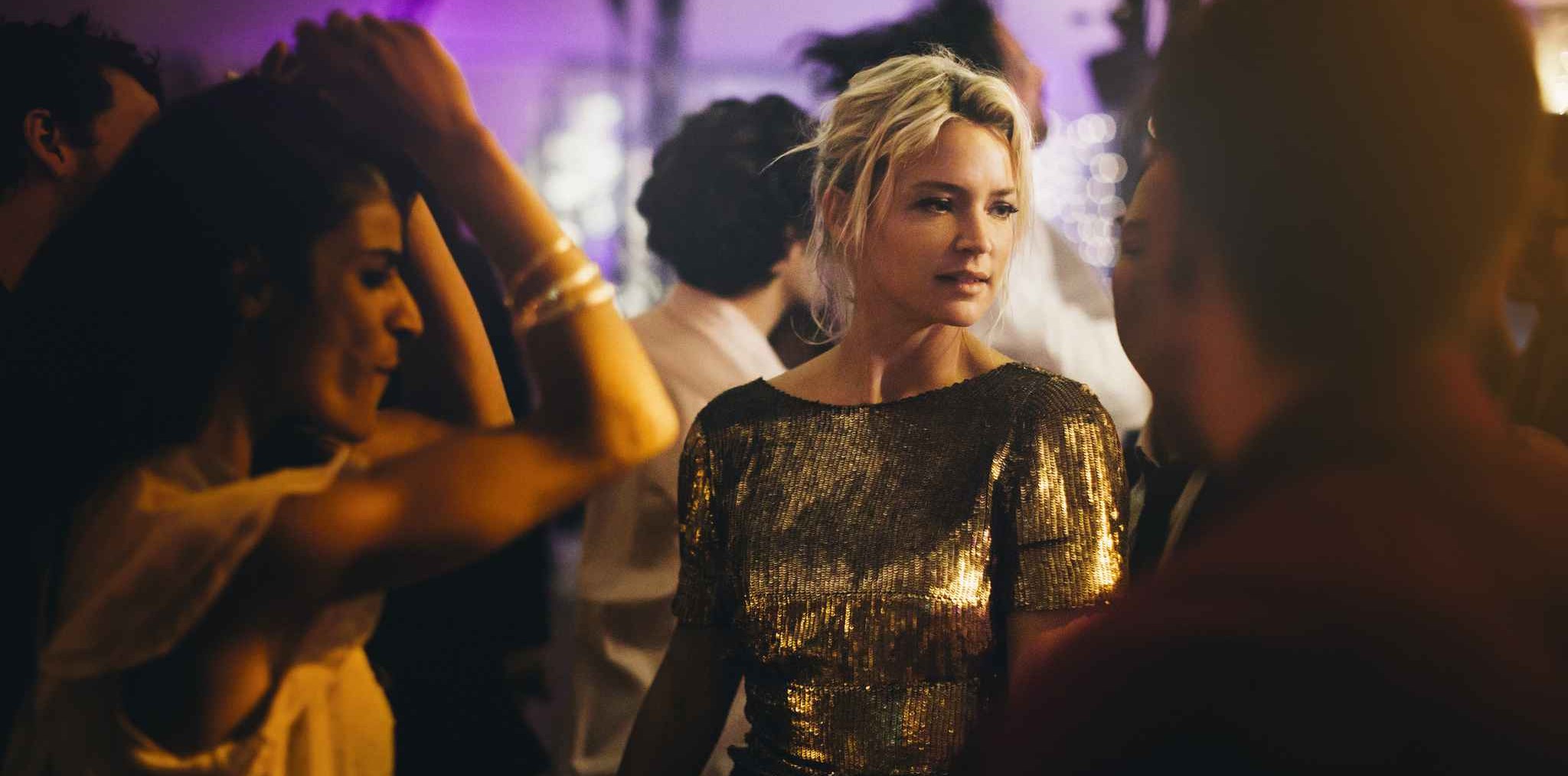
I think it is a portrait of a woman who did everything she could to control all the aspects of her life, and who seems unable to possess or touch anything anymore. I’m interested in witnessing her losing control over the accumulation of things and showing how events contaminate each other between work and private life, only to end up making her crumble.
I also like the projection that public life allows on privacy. Suddenly, events echo and the film staging becomes interesting. I had fun surrounding my main character with sexual overtones. Sex is everywhere in work and private life, like an injunction. Victoria needs to go through a long journey before she can find again some sort of purity in her life. When I started writing the film, it was supposed to be about the end of a friendship and the beginning of a new love.
Making Age of Panic, you yourself were having to work with children, as well as directing adult actors, while also covering events in the crowded streets of Paris on the day of the elections. Did you find your experience making this film to, in some ways, mirror the stressful experiences of lead character Laetitia?
The experience of the shooting always ends up reflecting what is going on in the film; it works like an imprint of the film. This not something I can control, but for Age of Panic, there was some kind of madness to shooting in such conditions and I have to admit that every single day of filming felt like a victory on reality. In a way, that’s what the film shows as well.
Stylistically, how would you say your new film differs from Age of Panic?
The two films are intertwined and made in continuity. There is even an identical line in both films. Even though I have a deep affection for Age of Panic and the actors, I questioned myself and my working approach afterwards. I certainly didn’t want to have a shoot planning. I don’t like those who hide behind their style, their trademark, and claim that this is the way they do it. Here, I wanted to control the image more. I planned with a budget four times bigger, so obviously I could film all the shots I wanted to. The real difference was the rhythm of the takes. For Victoria, I had a precise vision in mind, I didn’t want to deal with a huge amount of material during the editing. I wanted the filming to be closer to the final result, include some long shots, and to control the direction. This was a real change in my working approach.
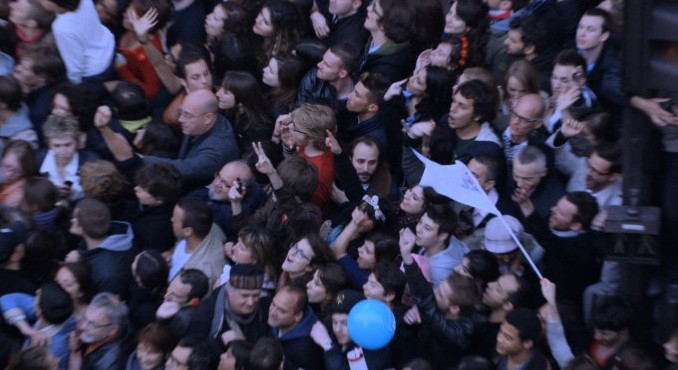
Your last two features have both largely been works of narrative fiction but do you have any intention of returning to the documentary form of your early work?
The more fiction I direct, the more I like the ‘trickery’. I realise that it probably allows me to unveil more precise and deeper things than the fake and stolen ‘reality’. But it took me some time to come to that decision. That being said, I will never direct like someone who never made documentaries before, which means that I have certain instincts when directing. I like casting professional actors with non-professionals. I like provoking an accident within a clear framework, I always shoot a lot of takes and I’m always waiting for that accident to happen, even though I often go back to the first takes.
Do you have any other future projects in mind yet?
Yes, but still at a very early stage of development, for a comedy and a melodrama.
Watch Age of Panic on FilmDoo.com
Find more French films here.
Cover photo from www.rfi.fr

